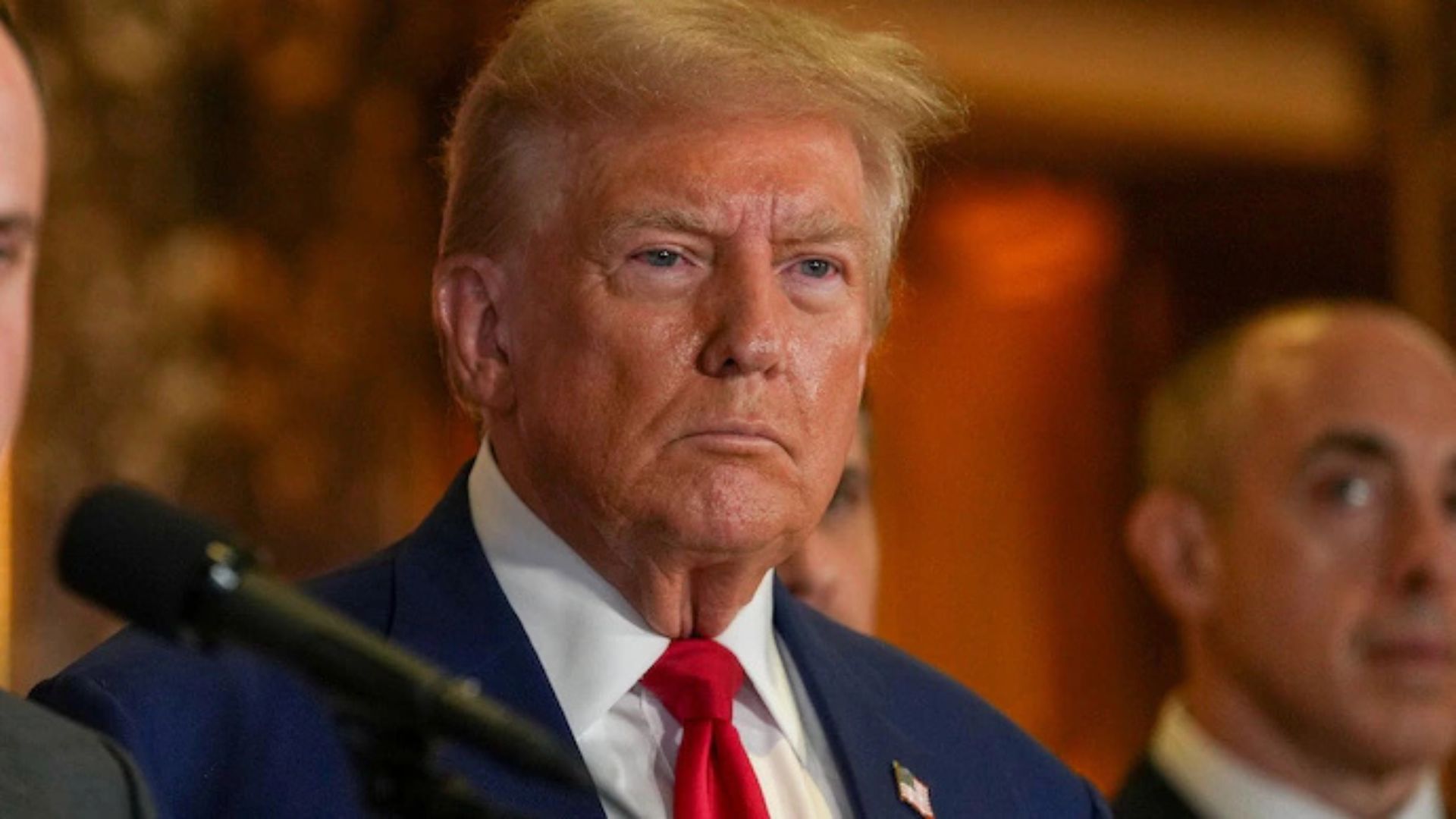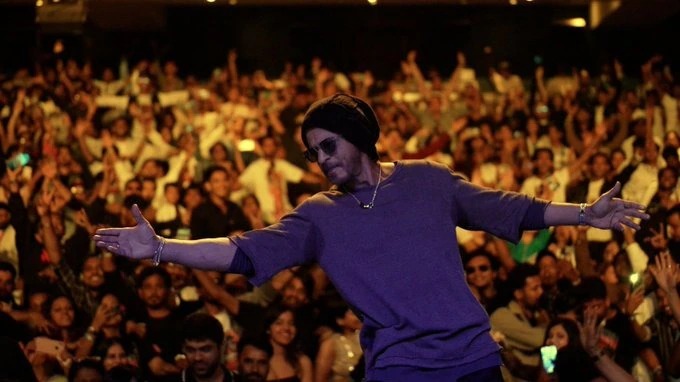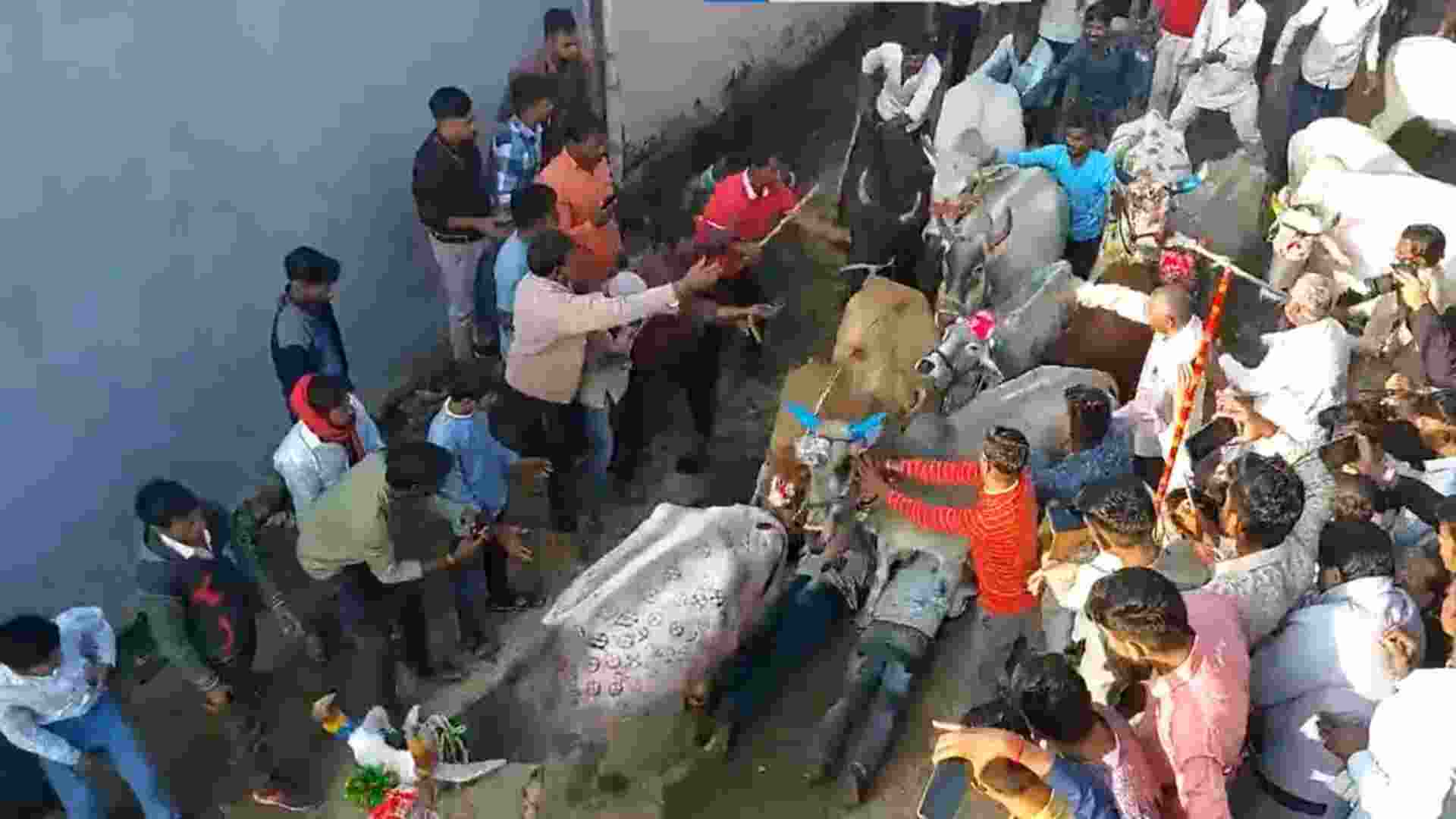
In response to comments made by India over the detention of Delhi Chief Minister Arvind Kejriwal in connection with the liquor policy issue, the US called for “fair, transparent, timely legal processes” once more on Wednesday. India had on Wednesday summoned Gloria Berbena, the US Acting Deputy Chief of Mission in New Delhi, over the comments made by the USA.
Reacting to the same US State Department Spokesperson Matthew Miller stated, “We continue to follow these actions closely, including the arrest of Delhi Chief Minister Arvind Kejriwal.”
India objected to the US remarks regarding Kejriwal’s arrest during the almost 40-minute meeting that took place on Wednesday at the Ministry of External Affairs South Block office in New Delhi.
Miller also spoke of the Congress party’s allegations of its bank accounts being frozen as part of an investrigation which the party claimed would make it difficult for it to contest the Lok Sabha election 2024. “We are also aware of the Congress party’s allegations that tax authorities have frozen some of their bank accounts in a manner that will make it challenging to effectively campaign in the upcoming elections.”
He stated that for each of these matters, “fair, transparent, and timely legal processes” are encouraged by the US.
“Regarding your first query, I won’t discuss any confidential diplomatic discussions, but naturally, we have stated publicly—and I’ve stated it again now—that we support just, open, and prompt legal procedures. We don’t believe that anyone ought to object,” he asserted when a reporter asked him to clarify on Gloria Berbena’s summoning by India.
The Enforcement Directorate (ED) arrested Kejriwal on March 21, making him the third leader of the Aam Aadmi Party (AAP) to be detained in relation to the purported liquor policy fraud, following Manish Sisodia and Sanjay Singh.
The US State Department urged New Delhi to provide “a fair and timely legal process” for the imprisoned Chief Minister on Tuesday, stating that it is keeping an eye on reports of Kejriwal’s imprisonment.
India protested against it and issued a “unhealthy precedents” warning.
“States have an obligation to respect other people’s sovereignty and internal affairs; this obligation is particularly great when dealing with other democracies. If not, it can wind up creating unfavorable precedents, stated the Indian Ministry of External Affairs.















